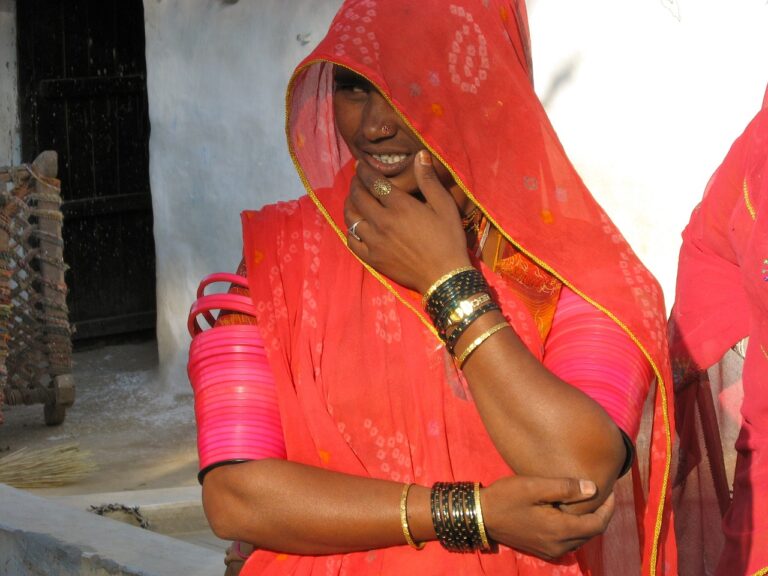How to Engage Voters Through Interactive Maps
betbhai9 sign up, playexchange login, lotus365 vip login: Voter turnout plays a crucial role in shaping urban development policies. The decisions made by elected officials have a direct impact on the growth and prosperity of our cities, which in turn affect the quality of life for residents. When citizens engage in the democratic process by voting, they have the power to influence the direction of urban development and ensure that their voices are heard.
Why Voter Turnout Matters
Low voter turnout can have negative consequences for urban development policies. When a small percentage of the population participates in elections, the result is often a government that does not accurately represent the needs and priorities of the community. Elected officials may be more likely to prioritize the interests of special interest groups or wealthy individuals, rather than the broader public.
On the other hand, high voter turnout can lead to more responsive and accountable government. When a larger number of people participate in elections, elected officials are more likely to take into account the diverse perspectives and needs of the community. This can result in urban development policies that are more equitable, sustainable, and reflective of the community’s values.
The Impact of Urban Development Policies
Urban development policies encompass a wide range of issues, including zoning regulations, transportation infrastructure, affordable housing, and environmental sustainability. These policies shape the physical and social fabric of our cities, determining everything from where we live and work to how we move around and interact with each other.
For example, voting on initiatives related to public transportation can have a significant impact on a city’s traffic congestion and air quality. Affordable housing policies can help ensure that all residents have access to safe and stable housing. Zoning regulations can determine the mix of residential, commercial, and green spaces in a community, shaping its character and quality of life.
The Role of Civic Engagement
In order to influence urban development policies, it is essential for citizens to be informed and engaged in the political process. This includes not only voting in elections but also participating in public hearings, contacting elected officials, and joining community organizations that advocate for specific issues.
By staying informed about local elections and candidates, citizens can make more informed decisions about who to vote for and which policies to support. They can also hold elected officials accountable for their actions and push for policies that reflect the community’s values and priorities.
Frequently Asked Questions
Q: How can I find information about local elections and candidates?
A: Local government websites, news outlets, and nonprofit organizations often provide information about upcoming elections, candidate profiles, and voter guides. You can also attend candidate forums, town hall meetings, and other events to learn more about the candidates and their positions on urban development issues.
Q: What can I do to increase voter turnout in my community?
A: There are many ways to encourage voter participation, including volunteering with voter registration drives, hosting educational events, and reaching out to underserved communities to ensure they have access to the voting process. By raising awareness about the importance of voting and making it easier for people to participate, you can help increase voter turnout in your community.
Q: How can I get involved in advocating for urban development policies?
A: There are many ways to get involved in advocating for urban development policies, including joining community organizations, attending city council meetings, and contacting elected officials to express your concerns. By working with like-minded individuals and organizations, you can amplify your voice and help shape the future of your city.
In conclusion, voter turnout is an essential factor in shaping urban development policies. By participating in the democratic process and staying engaged in the political process, citizens can ensure that their voices are heard and that their communities thrive. By working together to advocate for policies that reflect the community’s values and priorities, we can create cities that are inclusive, sustainable, and prosperous for all.







